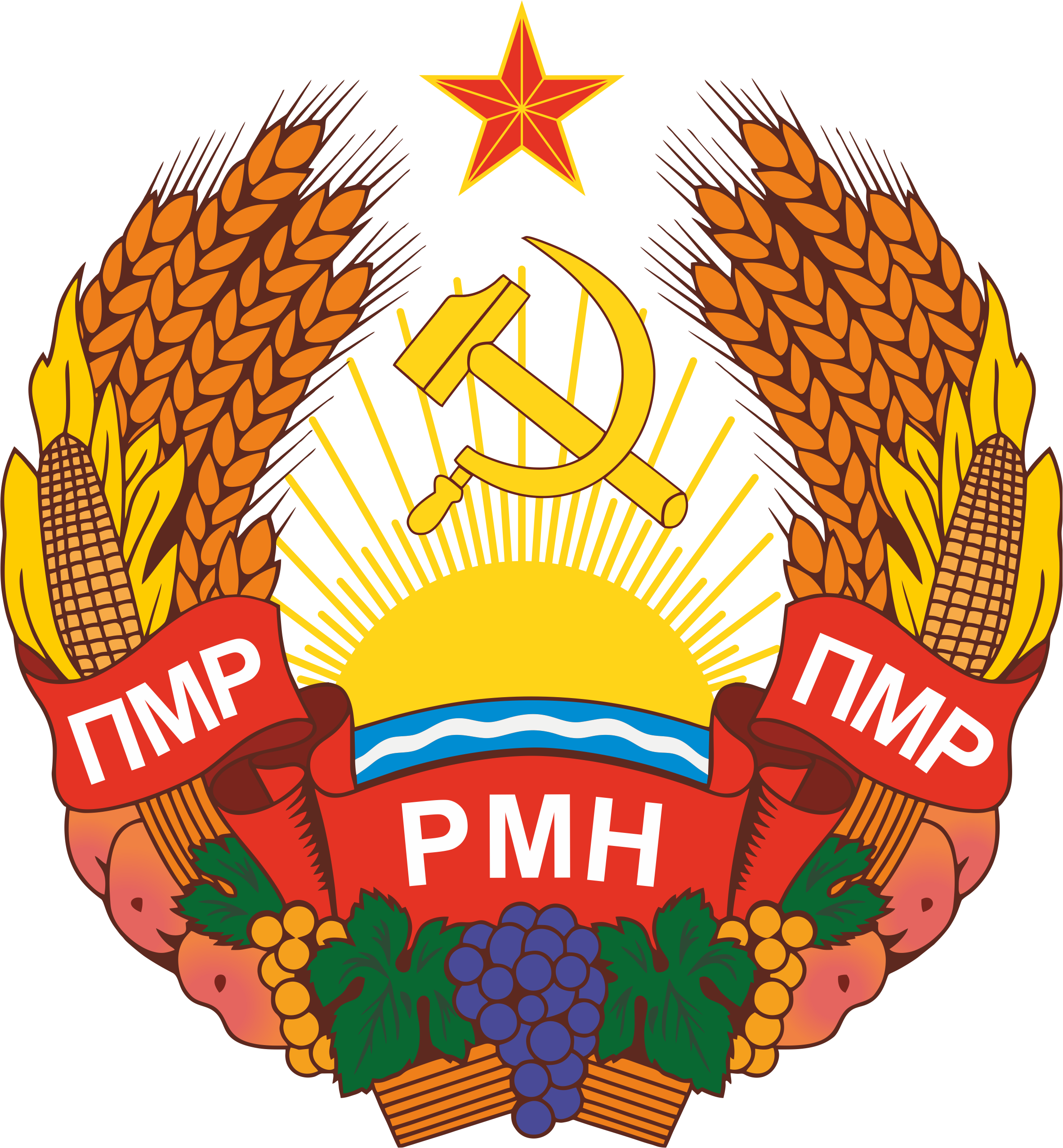Комитет по законодательству, правоохранительным органам, обороне, безопасности, миротворческой деятельности, защите прав и свобод граждан
A group of deputies of the Supreme Council presented a legislative initiative to amend the Constitution of the country. Its essence is in the need to clearly define the place of various officials, structures exercising authority on behalf of the state, in the hierarchy of state power. These include the President of the Republic, the Supreme Council, the Government, the courts (Supreme and Arbitration), the Prosecutor's Office, the PRB, the CEC, the Accounts Chamber, the Human Rights Ombudsman. The taken decision does not mean that these structures will be assigned to one or another branch of power, which we have three under the Basic Law - legislative, executive and judicial.
Certain correction in the legislative initiative proposed by a group of parliamentarians was suggested by the representatives of the central bank. Having recommended the colleagues on the deputy corps to adopt the law-in-draft in the first reading, the members of the committee on the proposal of deputy Grigory Dyachenko will return to the discussion of the question of the place of the central bank in the system of state bodies as part of its second reading.
Two judicial bodies - the Supreme Court and the Arbitration Court - made a joint initiative to adopt the law "On Amending Certain Legislative Acts". There were disputes in the course of meeting of the responsible parliamentary committee. Representatives of the judicial branch of Government proposed to deprive the Prosecutor's office of the power to demand from the courts cases on administrative violations. The piquancy of the situation is that the Supreme Council of the state agency overseeing the implementation of legislation, in whose role the Prosecutor's Office acts, returned these powers no further than during the spring session. Anatoly Guretsky, the Prosecutor of Pridnestrovie, described the legislative initiative as a discordant with the general tendency to return former powers to prosecutors. He supposes that in this way the authors try to obstruct the activities of the agencies of the Prosecutor's Office.
Categorical disagreement with this opinion was expressed by the Chairman of the Supreme Court Vladimir Rymar.
Opponents used to refer to the Russian experience, but each had his own. Chairman of the Supreme Council Committee on Legislation, Defense, Security, Peacekeeping, Law Enforcement, Protection of Citizens' Rights and Freedoms Galina Antyufeeva made a conclusion.


 Законы ПМР
Законы ПМР Постановления
Постановления Законопроекты
Законопроекты Анонс мероприятий
Анонс мероприятий 0 (533) 6-24-24
0 (533) 6-24-24